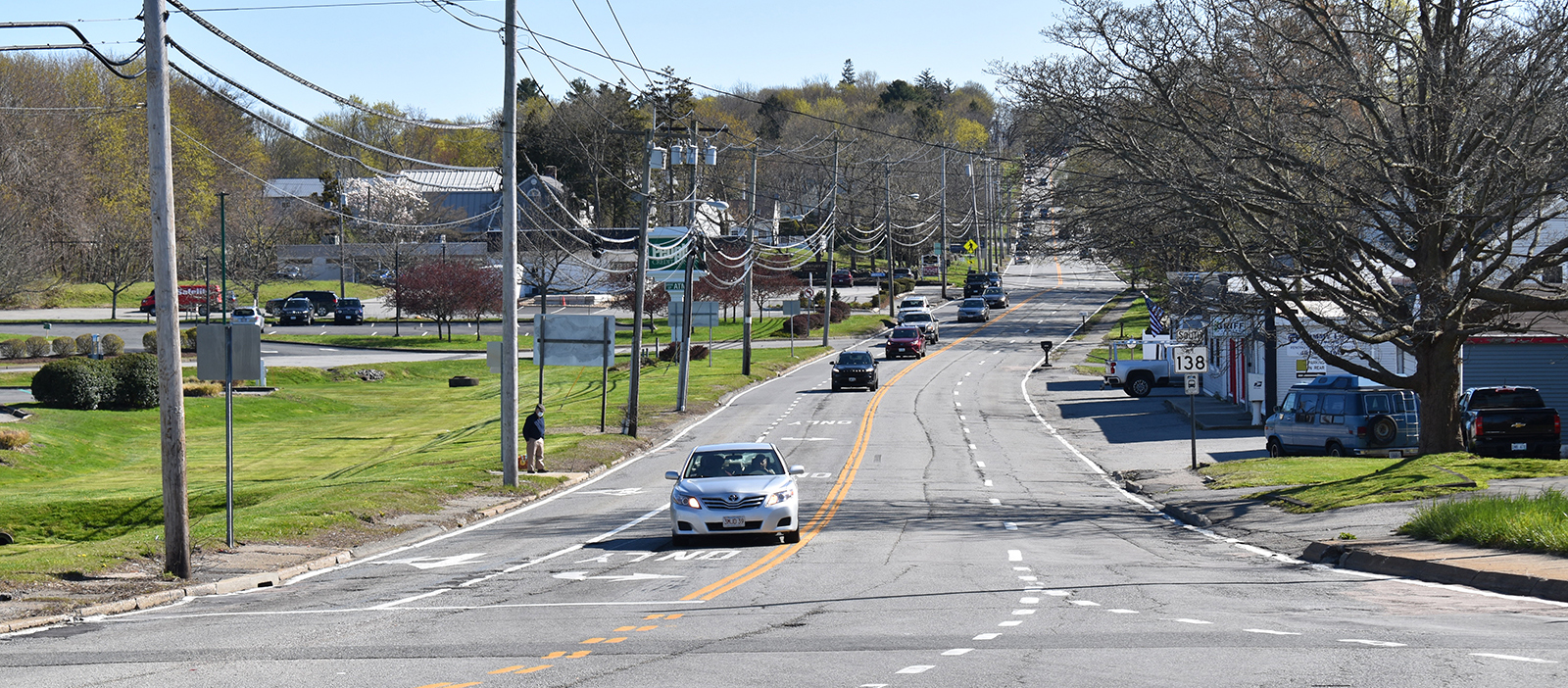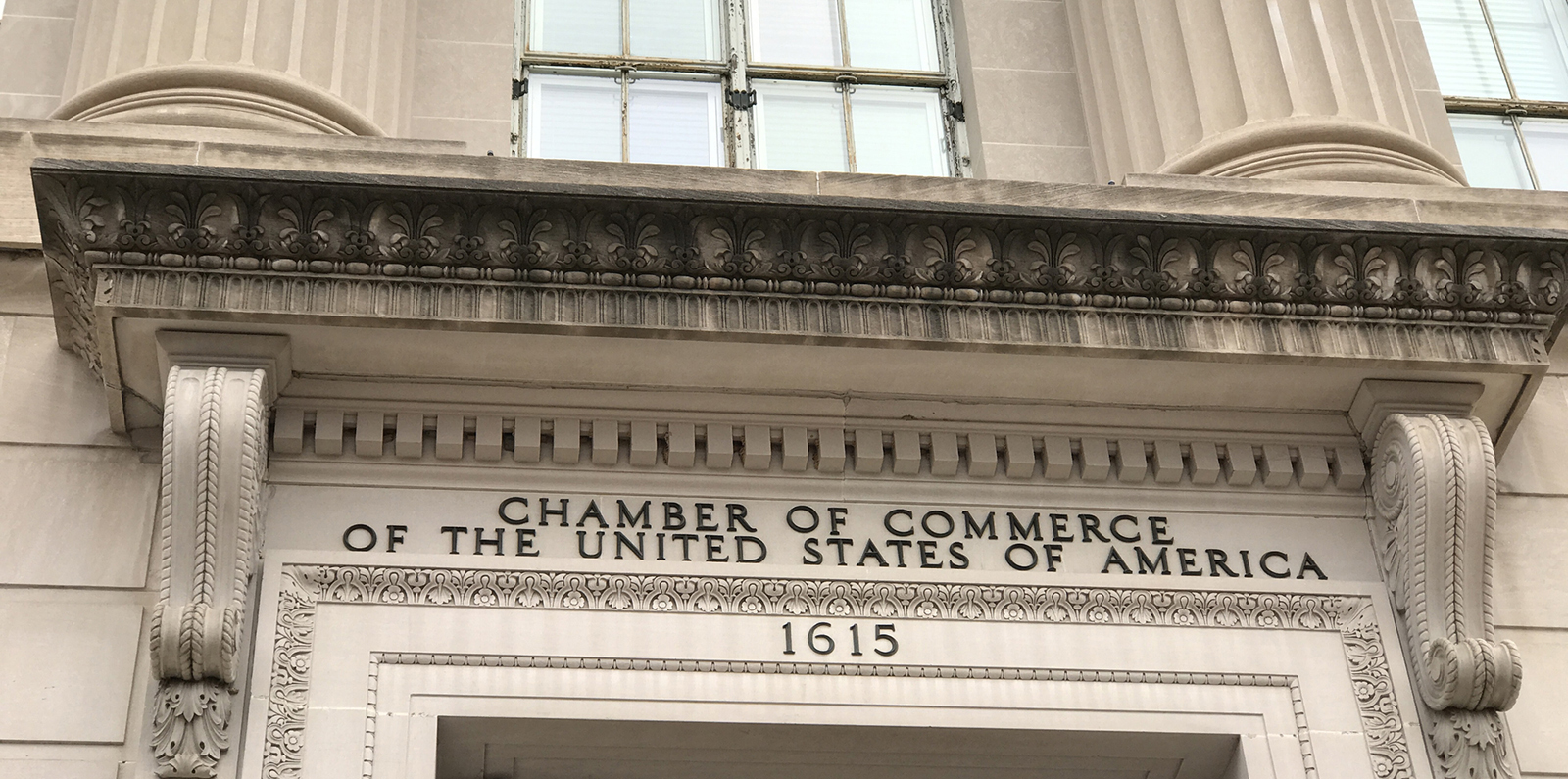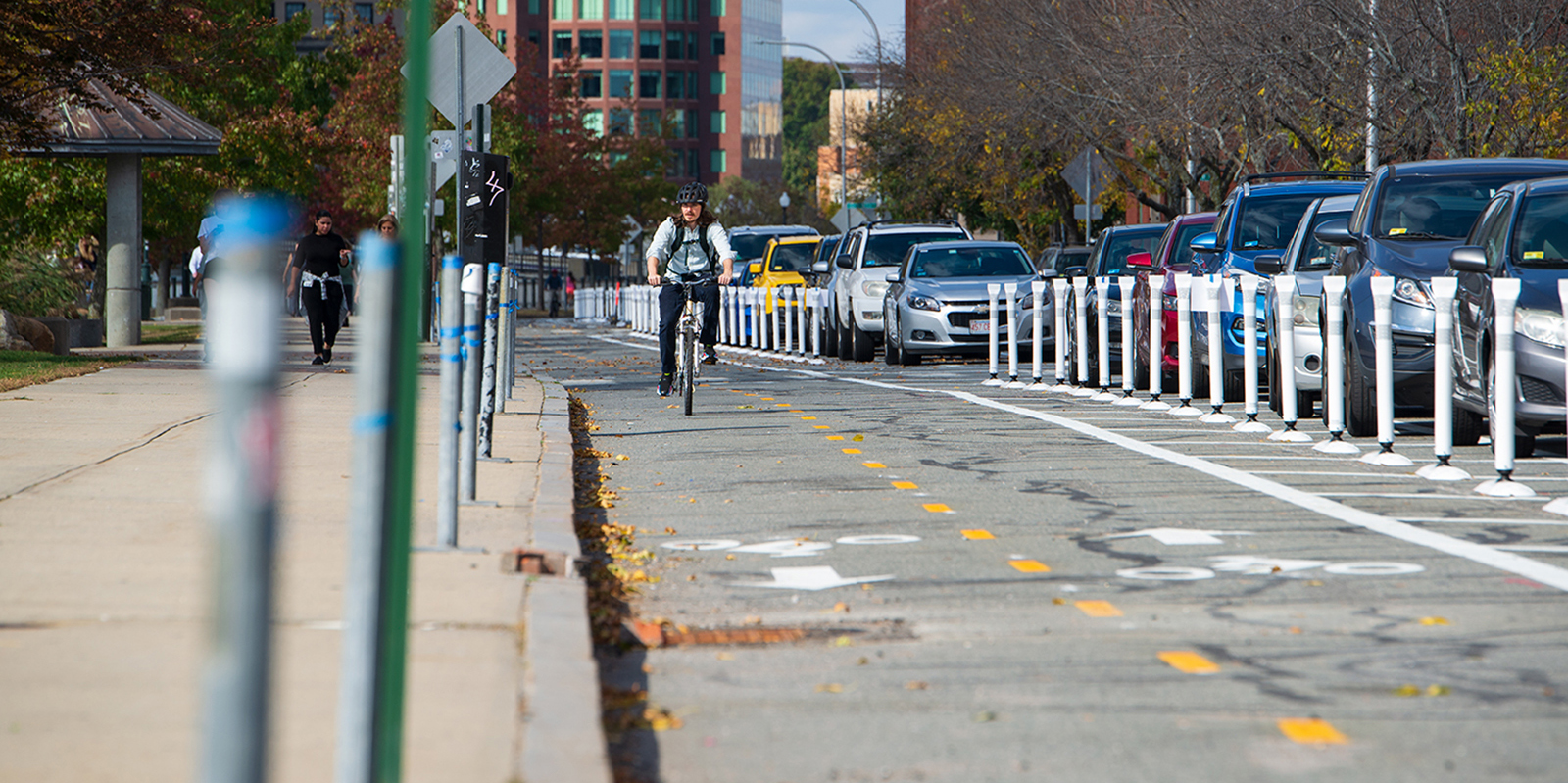Ignoring Problem Won’t Make It Disappear: R.I. Public Transit Needs Statehouse Help
January 25, 2024
The only attention Rhode Island’s political leadership — I use that term with apprehension — gives the Rhode Island Public Transit Authority and public transit in general is working to push bus riders farther from downtown Providence and ignoring taxpayer-funded studies that highlight the importance of non-car infrastructure.
Too few lawmakers speak about the importance of public transit and the need to grow RIPTA ridership. Instead, those who control the levers of power are fixated on turning Kennedy Plaza into a playground for the city’s wealthy landlords.
The many Statehouse lemmings are too afraid to go against the desires of the Senate president and the speaker of the House, because the state Constitution grants each office too much power. For example, both the Senate president and the House speaker can keep any bill they want from ever getting a hearing. Both positions of power are typically held by white men with antiquated ideas.
As RIPTA faces a significant budget shortfall, Sen. President Dominick Ruggerio, D-North Providence, remains focused on creating a new bus hub somewhere were his buddy Joe Paolino doesn’t have to view the riff-raff. Reclaimed highway land near Interstate 195 is the current far-flung location.
Gov. Dan McKee continues to pretend everything is hunky-dory. Following in a long line of governor shortsightedness, his recent State of the State address failed to mention the significance of public transit to many Rhode Islanders, most notably the elderly and those with disabilities, and its importance in reducing greenhouse gas emissions required by state law.
The governor’s proposed $13.68 billion fiscal 2025 budget leaves RIPTA with an $8 million deficit. His budget does include a measly $500,000 for the e-bike rebate program run by the Office of Energy Resources. (Your purchase of an e-bike — or a traditional bicycle — will be taxed, but there is no state sales tax on pollution-spewing powerboats and yachts.)
McKee and Ruggerio don’t ride the bus or a bicycle to work so why should they care about RIPTA’s budget shortfall or some rebate program they’re probably unfamiliar with. In fact, Ruggerio cares so much about public transit that he made the state Department of Transportation’s car-obsessed, Kennedy Plaza-busting director the RIPTA board chair.
Of the $10 million the governor’s office has proposed transferring from State Fiscal Recovery Funds (i.e., federal money) to RIPTA’s budget, some of it would be used to pay for an “efficiency review.” State officials noted RIPTA’s ridership has declined 47% since 2008.
Instead of reviewing RIPTA’s operations — yet again — perhaps state officials should examine the neglect oozing from Smith Hill. RIPTA has been chronically underfunded for decades. The same shortsighted solutions — job elimination and service reductions and cuts — are constantly regurgitated. The state’s motor fuel tax has long remained at 34 cents a gallon; RIDOT gets about 53% and RIPTA gets about 28%.
Rhode Island ranks among the lowest in per capita annual state funding for public transit at $19 per person, according to Federal Transit Administration data compiled by Transportation for America. Delaware, which also operates a statewide transit system, spends $80 per person more than Rhode Island does. Connecticut spends $68 per capita, while Massachusetts spends $239.
Little Rhody’s public transit is spectacularly limited because those who hold the state’s purse strings consider it an afterthought, at best, and don’t bother to use it or make the effort to understand its importance.
Note: Rhode Island Transit Riders has scheduled an action for Thursday, Jan. 25, at 1:30 p.m. at 269 Melrose St. in Providence during a RIPTA board meeting, to show support for public transit funding and not more service reductions and/or cuts.
Frank Carini can be reached at [email protected]. His opinions don’t reflect those of ecoRI News.




McKee and Ruggerio are both fossils and fools. Neither has a real vision on what it takes to create prosperous communities in a climate weirding driven future nor an understanding that the future prosperity of RI depends on bottom up economic development not appeasing the rich. Maybe we need a constitutional amendment requiring that all legislators commute to the statehouse by something other than a car.
But what about the FREE ferry in January? I thought that was going to solve everything!
I sometimes took the bus from different locations to Providence. Some observations: many people rode the bus for very short rides of just a few blocks. Buses to Newport and URI, when I’ve seen them, seem almost empty. Why aren’t there more vehicles with 15-20 seats instead of the 40 seat monsters. On the other hand – the monsters are often filled at rush hour – especially with high school kids riding RIPTA rather than school buses as in suburban communities. On automobile usage: there’s a misalignment – the gas tax pays for highways and mass transit, but the goal of the state is to have only e-vehicles. Technology exists to tax vehicles on mileage driven. There was strident opposition to such a tax years ago when it was first suggested. I’m not even sure that any legislator made such a proposal. Is there a leader who could get more of these initialy unpopular proposals through the legislature? Why do e-cars, which pay little or no gas tax, get a pass? State workers get free parking. If they had to pay for parking, maybe more would take the bus? Downtown parking is typically around $10/day on an “early bird” lot. That’s a nice subsidy to gov’t employees. A small city like Providence needs a central location for buses to pick up and drop off customers. Right now I see no alternative to Kennedy Plaza.
good column Frank, and a further symbol of RI government neglect of transit is the lack of a bus shelter in the State House area, even though 3 busy lines, 50, 56, 57, go there is barely a bus stop sign! And the Taxation Office directions to their office on state income tax forms only gives driving directions, no mention of those bus lines that stop at their door. But at least they don’t forbid the buses from stopping there.
On Tuesday morning 1/30, RIPTA’s Board agenda includes a $16.9 contract for consultants to come up with a 60% design for a new bus hub, presumably in the “Siberia” location (Gov McKee’s word for a remote location) you noted, which presumably will squander almost all of what is left of the 2014 transit bonds voters approved. So it goes
I’m a disabled person who lives in Pawtucket and I rely on public transportation to get to where I need to go and thay to stop routes what’s with that.lets pay offer better money and benefits to get drivers to solve the real problem.use that money properly and where it’s needed